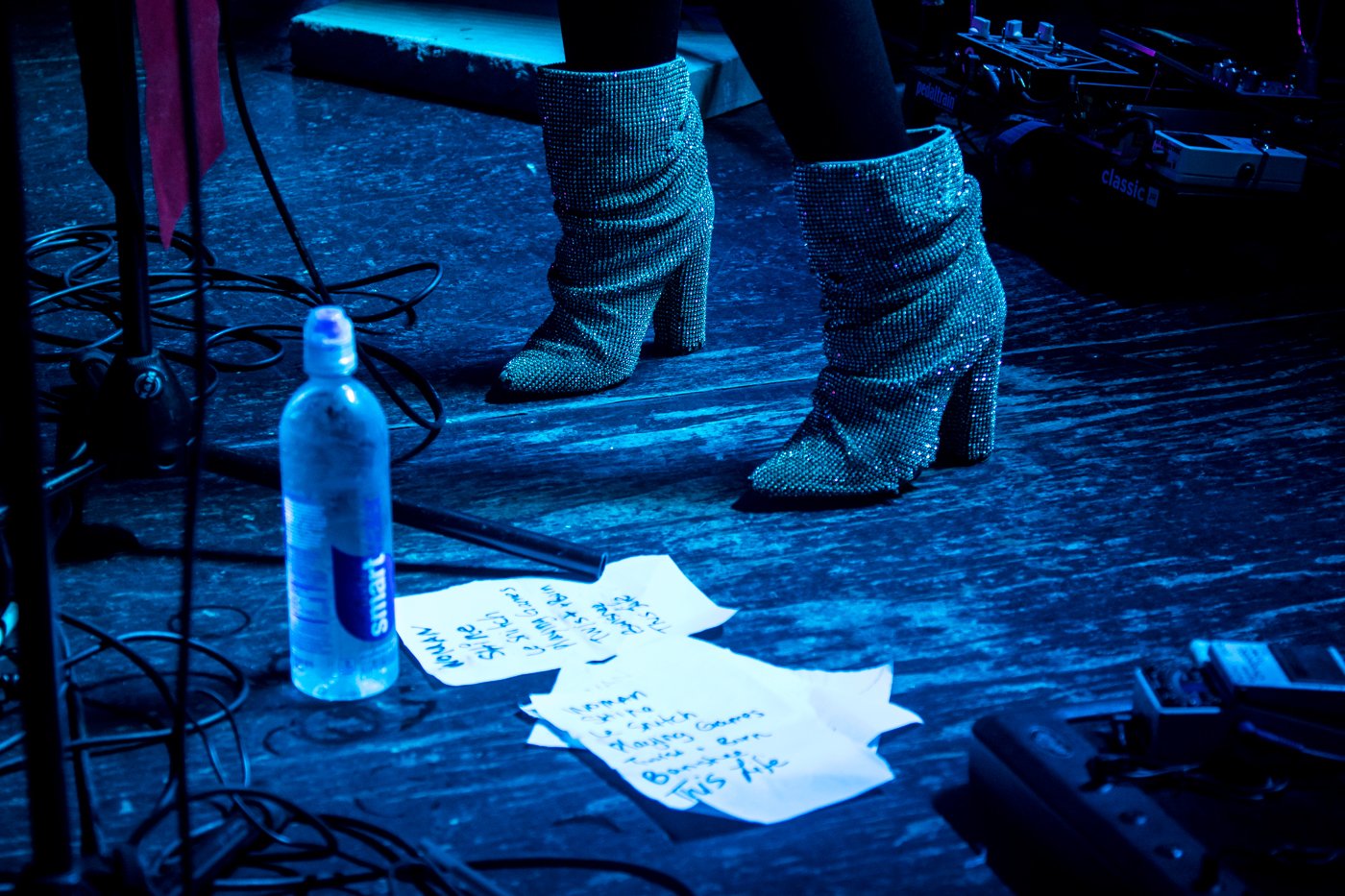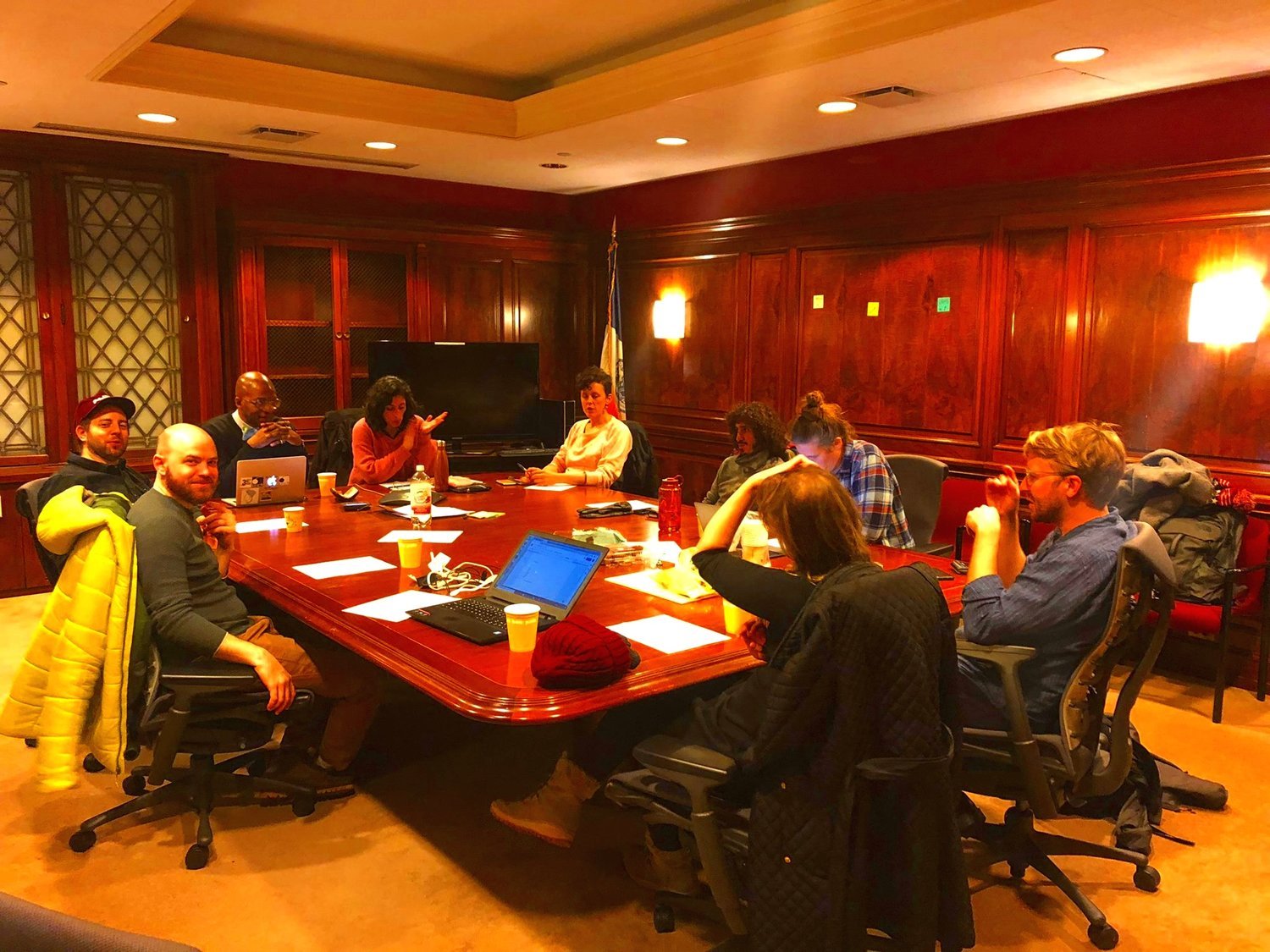The Heart and Soul of the Sound Mind Collective
by Alba Ponce de Leon
It’s 10pm on Saturday night, and I’m watching as many live performance videos of Ella Fitzgerald as my hungry little fingertips can Google. What began as a curiosity about the choice recording microphones of Billie Holliday (Shure 730B) and Ella Fitzgerald (Shure Model 55) has turned into a YouTube vortex.
Nine minutes into a 1960 performance for BP Australia, Ella sneaks into “Heart and Soul.” It’s that ever-familiar, if not hated, standard that has been clanked out on many an elementary school talent show piano for decades. I never thought I could hear this song again without wanting to throw myself against a wall, but here I am… and I’m loving it.
Entranced by every swallow’s swoop and soft soar of a note, I can’t believe how much this song I’ve always hated is holding me rapt. When it ends and Ella chirps her signature “thank you,” I want more. I rewind and watch again. The second time around, I can picture people dancing to “Heart and Soul” at their weddings. I can hear the song hug the screen of a passionate movie moment I’ve invented in my mind. Right now, I am a little cartoon tweety bird drunk on Ella’s potion of all-consuming love. I am also ashamed of how unabashedly corny I feel.
My embarrassment at having succumbed to this lovey-dovey state makes me realize how hard I fight against embracing fantasy on a daily basis. I don’t just mean that heart-eyes emoji brand of fantasy, but the overall idealization of life, love and human connection.
As artists, we walk a hard line between romantic delusion and the very real, scrappy perseverance required by our hustle. For me, this involves being audacious enough to believe that I can do whatever I set my mind to. At the same time, I strap on my horse’s blinders against utopian thinking. I brace myself for harshness and the cold smack of being a real person who can feel real pain and face real hardships. I dissociate from the romance and think rather clinically, imagining challenges as math problems where you just need to keep trying and re-trying solutions. Separating grants me access to my inner reserves; It keeps me pushing back when the blows land.
Of course, my desire to be better than yesterday, to strive for more, to give myself permission to envision any dream and to find within myself the ability to triumph over any challenge is the epitome of romance. Even when I avoid recognizing it, it is driving the mathematical thinking. In fact, at its core, I think it’s important to acknowledge that this fanciful thinking is necessary to all of us as artists because it is deeply rooted in hope.
In “Woolf’s Darkness,” Rebecca Solnit writes, “To me, the grounds for hope are simply that we don’t know what will happen next, and that the unlikely and the unimaginable transpire quite regularly. And that the unofficial history of the world shows that dedicated individuals and popular movements can shape history and have, though how and when we might win and how long it takes is not predictable.”
Solnit goes on to further explain that hope is notably distinct from optimism and despair, as the latter fix you into states of inaction. When you see the world in these binary terms everything has pre-determined conclusions; No matter what you do, the fate will be the same. On the contrary, if you operate from a place of hope, you see yourself as having the potential to change- yourself, situations, the world.
Just over a year and a half ago, Nikhil Yerawadekar (Low Mentality) invited me to get involved in a new project that he, Katherine Powell (Nth Power) and Chris St. Hillaire (Sinkane, London Souls) were developing called Sound Mind Collective (SMC). He described it as a space where musicians would commune with and support one another, while also exploring our activism and our place in the wider community. We could pool our ideas, our concerns, our knowledge, our values, and we would then turn around and use these to make changes in our artistic community, in our city and government, and in our individual lives. Talk about romantic. This seemed like a pretty brazen kind of hope. I was in.
Since that introduction, SMC has developed beyond a romantic idea and some lofty goals. A few weeks ago we had our first monthly meeting of 2019 at the downtown Manhattan boardroom of NYC Small Business Services. We giggled about the head-to-toe mahogany wood that surrounded us on all sides: on the paneled walls, on the wide ceiling, in the massive landmass of a conference table between us. We joked about this fanciness like nervous imposters, tourists in someone else’s world. We nibbled on tostones and gluten-free lemon shortbread cookies (snack potlucks are a monthly meeting tradition) while letting the repartee fly. Finally, someone had the good-sense to reign us back in and then it was down to business.
By the end of the meeting, there was an electricity in the room. Existing projects had exciting leads. Dozens of new initiatives filled our “parking lot,” a concept we adopted for collecting ideas we didn’t get to fully explore. Post-meeting, members new and old lingered in conversation so long we had to invoke the old “you don’t have to go home” adage. Afterwards as I walked to my train I felt a little rush similar to that of a good first date. I felt hope.
Nikhil, KP and Chris founded Sound Mind Collective from a place of love, passion and care for our local music community and the potential they saw in our combined power. In these last months, those values have spread and I see myself becoming a better and better version of myself by virtue of our shared contributions. We share a hopeful vision that some might write off as romantic and unrealistic, but that I see as an artistic marriage of romance and grit. Especially on my worst days, I like to rewind that vision and watch it again and again.


